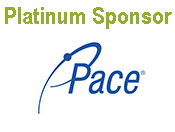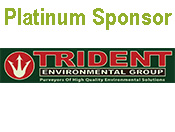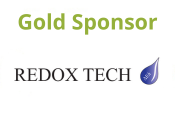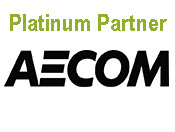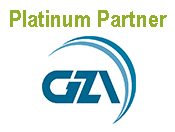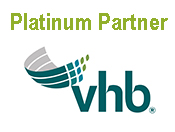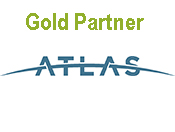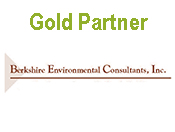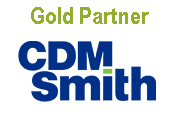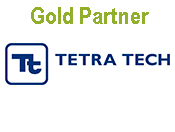What is a Licensed Site Professional?In 1993, Massachusetts created a model program that privatized the cleanup of hazardous waste sites in the Commonwealth. Licensed Site Professionals (LSPs) are authorized by the Commonwealth to work on behalf of property owners, operators, and other responsible parties to oversee the assessment and cleanup of contamination that has been released into the environment. LSPs are scientists, engineers, and public health specialists with significant professional expertise in oil and hazardous material contamination. LSPs are governed by the Massachusetts Board of Registration of Hazardous Waste Site Cleanup Professionals, also known as the LSP Board. This privatized system has significantly reduced the backlog of contaminated properties, including redevelopment of brownfield sites, by authorizing LSPs to assess risk and implement cleanups. Between 1983 and 1993, the state reported the closure of only 630 sites. From 1993 to the present, LSPs have closed over 40,000 sites by restoring them to a condition where they meet the environmental standards for business, commercial/ retail, industrial, institutional, open space or housing. The Regulations:In 1993, the Massachusetts Department of Environmental Protection (MassDEP) promulgated a revised Massachusetts Contingency Plan, referred to as the MCP (310 CMR 40.0000). The MCP is the body of regulations that govern the assessment and cleanup of waste disposal sites in the state. A cornerstone of the revised MCP is the LSP Program. An LSP is also known as a Massachusetts Licensed Hazardous Waste Site Cleanup Professional. LSPs are scientists, engineers, and public health specialists who have demonstrated an expertise in waste site cleanup decision making. To be licensed, an LSP must meet minimum education and relevant professional experience requirements and must pass a comprehensive exam. Role of the LSP:Those private parties (individuals, corporations, or other entities) who are financially responsible under Massachusetts law for assessing and cleaning up confirmed and suspected hazardous waste sites must retain an LSP to oversee the assessment and cleanup work to bring a site into compliance with the MCP. The LSP's role is to direct the assessment, characterization, and, to the extent necessary, the cleanup process in a manner consistent with the requirements of the MCP and other relevant regulations and laws. In doing this, the LSP renders professional opinions at specific phases of the process, often referred to as LSP Opinions. Under the Law, LSPs are required to uphold a Response Action Performance Standard (RAPS). RAPS is defined in the MCP as: "...the level of diligence reasonably necessary to obtain the quantity and quality of information adequate to assess a site, to evaluate remedial action alternatives and to design and implement appropriate remedial action..." LSP Professional Licensure:The LSP program is regulated by the Massachusetts Board of Registration of Hazardous Waste Site Cleanup Professionals (LSP Board), an independent 11-member body responsible for licensing LSPs (309 CMR). MassDEP retains a strong audit and enforcement role. To maintain licensure, LSPs are required to attend LSP Board-approved continuing education courses and to maintain a code of professional conduct. Among other requirements of the LSP, the LSP Board regulations (309 CMR) state the following: "A licensed site professional shall hold paramount public health, safety, welfare, and the environment in the performance of professional services." This professional licensure was the first of its kind in the nation. Variations of the LSP program have been adopted in other states. Presently, there are approximately 450 licensed LSPs in Massachusetts. For more information:A brief history of the Massachusetts Hazardous Waste Site Cleanup Program and its successes:
|

